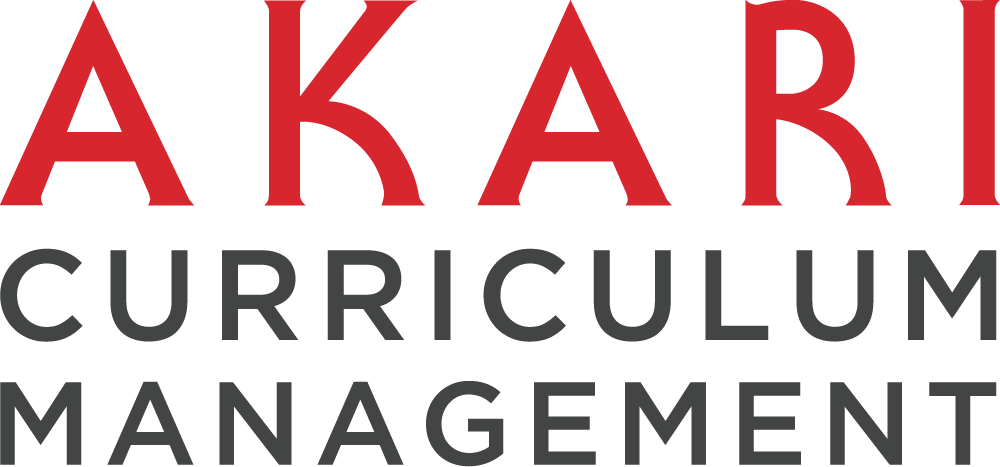The Impact Rankings 2024, to be published on 12 June, assess universities’ contributions to SDGs through international collaboration, best practice promotion, and data publication. Partnerships are essential for achieving SDGs, and this is the only mandatory SDG for inclusion in the overall rankings, contributing a smaller proportion to the final score.
Metrics
Research (27.1%)
- Proportion of publications co-authored with researchers from low- or lower-middle-income countries (13.55%)
- Number of publications related to the 17 SDGs (13.55%)
Data from Elsevier’s Scopus dataset (2018-2022), normalised using Z-scoring.
Relationships to Support the Goals (18.5%)
- Partnerships with regional NGOs and governments for SDG policy (3.7%)
- Cross-sectoral SDG dialogues with governments or NGOs (3.7%)
- International collaboration for SDG data collection (3.7%)
- Development of best practices for tackling SDGs (3.7%)
- Collaborations with NGOs through student volunteering, research, or educational resources (3.7%)
Evidence provided by universities, evaluated and scored by THE, not normalised.
Publication of SDG Reports (27.2%)
- Publication of data on performance against each of the 17 SDGs, with extra credit for public documents.
Evidence evaluated and scored by THE, not normalised.
Education on the SDGs (27.2%)
- Commitment to SDG education for all students (9.06%)
- Courses or electives addressing sustainability and SDGs (9.06%)
- Outreach educational activities for the wider community (9.06%)
Evidence provided by universities, evaluated and scored by THE, not normalised.
Evidence Requirements
Universities must provide supporting evidence for their claims, with credit given for public evidence. Metrics are generally not size-normalised. Evidence is evaluated against set criteria and cross-validated for accuracy.
Time Frame
Data generally refer to the closest academic year to January-December 2022. Specific date ranges are detailed in the full methodology document.
Exclusions
Open to any university teaching at undergraduate or postgraduate level. THE may exclude institutions that falsify data or are not in good standing.
Data Collection
Institutions must provide and approve their data. Missing data points are entered as zero.
